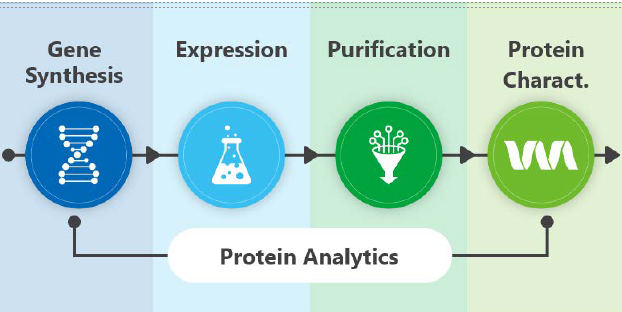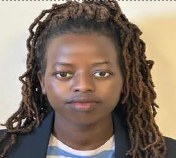
SAU Science Majors Getting Training Under Federally Funded Pilot Program
Seven science majors at Saint Augustine’s University are getting an education even beyond their normal demanding curriculum this fall. The students are participating in a Pilot Biomanufacturing Sciences Training Program funded by the National Science Foundation.
The program, which started Oct. 14 and runs through Nov. 22, focuses on protein analytics. Its goal is to expose students in the STEMM majors (Science, Technology, Engineering, Math, and Medicine) to molecular biotechnology principles and techniques commonly used for protein expression and purification studies as it pertains to the biomanufacturing/biopharmaceutical workforce.
The principal investigator in charge of implementing the grant is Dr. Tyrell Carr, Ph.D., Associate Dean of the School of Sciences, Mathematics, and Allied Health. The pilot program puts Saint Augustine’s University in better position to take advantage of its location in Raleigh not far from Research Triangle Park – home to several major international biotechnology and biopharmaceutical companies, Dr. Carr explained.
“The pilot training program is the start of a much bigger initiative at Saint Augustine’s University to prepare STEMM majors and community members for career opportunities in the life sciences manufacturing industry,” he said. “We have a major partnership – that we will share in more detail later – centered on workforce development training in this space
Janelle Jennings-Alexander, Interim Provost & Vice President for Academic Affairs, added:
“Faculty and students at Saint Augustine’s University have long been engaged in cutting-edge research and innovation. Our campus’s engagement in this pilot program in Biomanufacturing Sciences truly showcases the important work SAU is doing to engage future leaders in exciting work in fast-growing biomedical fields.”
The students selected for the pilot training program were STEMM majors who indicated a strong desire to enter the scientific workforce and/or enroll in graduate programs that advance research, discovery, and innovations in the biomanufacturing sciences.
The program consists of on-campus, hands-on training in molecular biotechnology coupled with virtual learning. Dr. Carr is leading the training, working with a facilitator.
The participating students are:

Amoria Barber, senior biology major

Karly Gerome, sophomore engineering mathematics major

Gabrielle Hepburn, senior chemistry major

Ruth Jepokei, senior biology major

Raven McIntosh, senior biology major

Israel Pennerman, junior public health major

Devonya Siffrin, senior biology major
